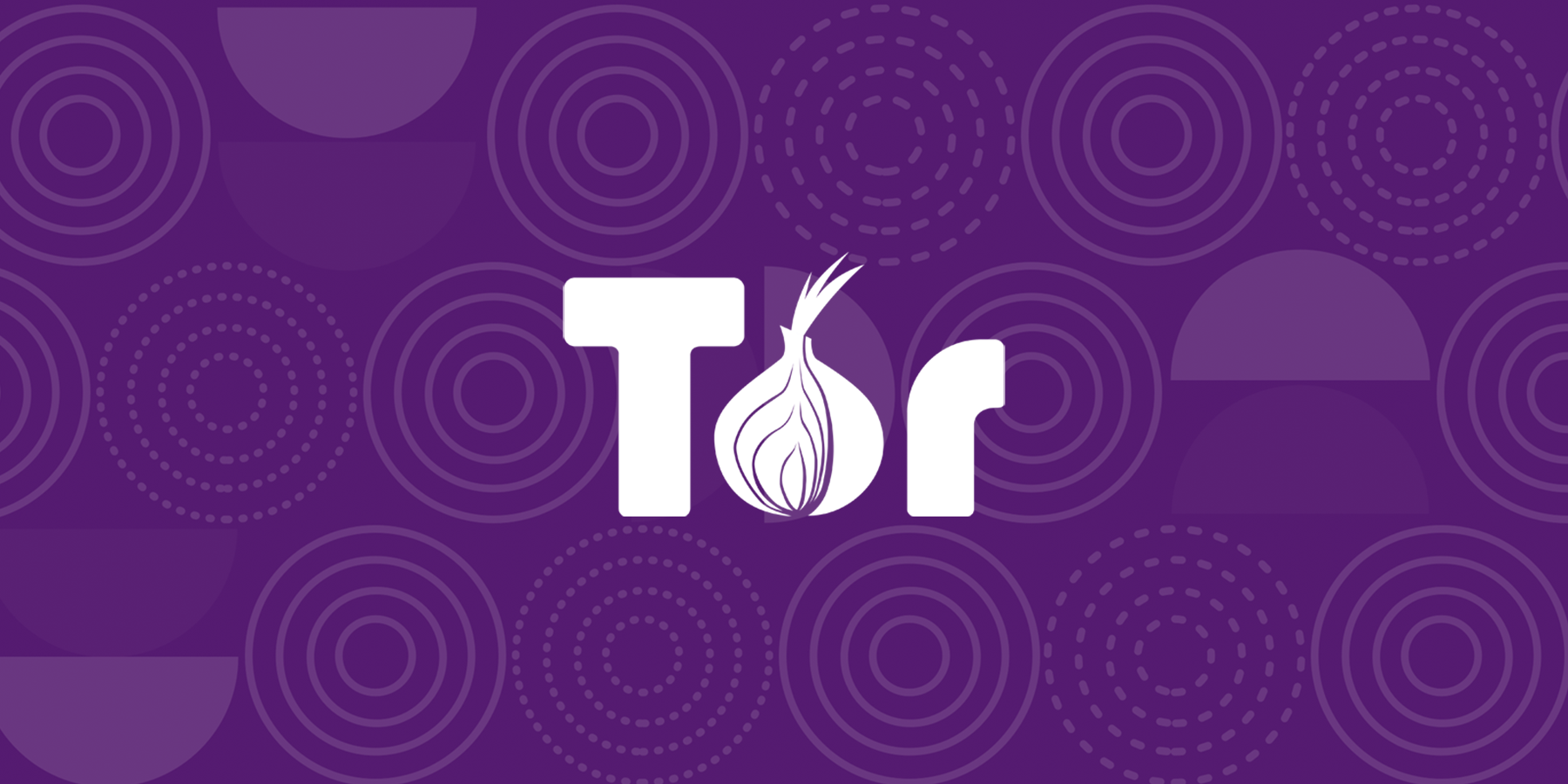BOOK THIS SPACE FOR AD
ARTICLE ADFebruary 6, 2024 is Safer Internet Day. When I was asked to write about the topic, I misunderstood the question and heard: “can you cover save the internet” and we all agreed that it might be too late for that. While we laughed about it, it made me think.
The internet has been around for quite some time now, and most of us wouldn’t know what to do without it. Personally speaking, I would not have this job, I would not be able to work from home, I would not have met a great many online friends, and I would have to go shopping in person a lot more.
When I started actively using the internet in 1996, it looked completely different than it does today. There were no social media sites to speak of, companies were selling antivirus and anti-Trojan solutions, but nobody cared about adware, PUPs, and assorted nuisances. Firewalls on the other hand were considered a lot more important back then.
The reasons why people get infected with malware have not changed that much though:
Free stuff. Why pay when you can get it for free? Well, basically, because you always end up paying a price. Whether that free version displays ads or comes bundled with other software which you didn’t want. Or maybe because it’s not even what they promised it would be: not the game, movie, TV show, or software you were looking for. Fear. Alarming messages on the screen make us think that we must be doing something wrong and convince us to install fake security software or fall prey to tech support scammers. Phishing emails. Emails telling us that we urgently need to respond to prevent something or get rich, healthy, and happy, so we feel we have to click that link or open that attachment.But in our defense, criminals have gotten a lot better at convincing us to do the “wrong” things. Social engineering has become a science that cybercriminals are masters at, although the Nigerian prince that keeps telling me about the blocked fortune he has waiting for me is still around.
With the help of Artificial Intelligence (AI) these techniques will become even better and can be fine-tuned so they can be adapted to the intended victim and become more targeted. Only recently we learned about a finance worker that paid out $25 million after a supposed video call with his chief financial officer, that turned out to be a deepfake. After reading that story, I felt very sorry for that finance worker. Even knowing that almost everyone would have fallen for that setup, probably doesn’t relieve you of the guilty feeling.
Social media has gone from a way to keep in touch with distant friends to gigantic money making machines that are all about advertising and algorithms that keep you busy on the platform for as long as they possibly can. Governments are now scrambling to protect at least the children of this generation against the ruthless environment that these social media platforms have become.
At some point, celebrities like Angelina Jolie and Brad Pitt hired online bodyguards to monitor the internet and social media content that their children, who ranged from ages 6 to 13 at the time, encounter. Unfortunately, we don’t all have the funds to follow their example, so we have to be our children’s internet guardians.
Other government actions concerning the internet and social media are more focused on trying to limit the power of the tech giants, rather than on our online safety and privacy.
For now, it seems we have to rely on our own solutions to guard our online privacy and protection. For some pointers, check out our internet safety tips. You may find some useful nuggets that you hadn’t come up with yourself.
Safer Internet Day takes place on the same day in February each year to raise awareness about a safer and better internet for all, and especially for children and young people. Let’s make the internet a safer place. If not for us, than for our children.
We don’t just report on threats—we remove them
Cybersecurity risks should never spread beyond a headline. Keep threats off your devices by downloading Malwarebytes today.
.png)















 Bengali (Bangladesh) ·
Bengali (Bangladesh) ·  English (United States) ·
English (United States) ·